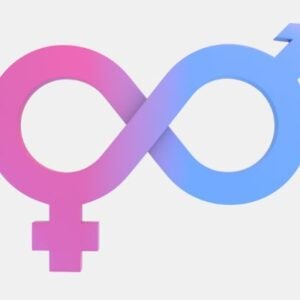Three decades after the landmark Beijing Declaration on women’s rights, the world has seen notable advances, yet women and girls continue to face widespread discrimination and violence. Ahead of the UN General Assembly commemoration on 22 September, UN Women and the UN Department of Economic and Social Affairs (DESA) warned that global gender equality targets are far from being met. Their 2025 Gender Snapshot reveals that 10 per cent of women still live in extreme poverty, with 351 million at risk of remaining trapped by 2030. Unpaid care work keeps 708 million women out of the labour market, while those employed are often relegated to lower-paid jobs, with limited access to land, financial services, and decent work. Violence remains pervasive: one in three women will experience physical or sexual abuse in her lifetime, and 676 million women live within 50 kilometers of a conflict zone—the highest figure since the 1990s.
The Beijing Declaration, adopted at the Fourth World Conference on Women in 1995, marked a turning point for gender equality, establishing the principle that women’s rights are human rights and essential for development and peace. Since then, the legal landscape has transformed: 1,583 laws addressing gender-based violence have been enacted worldwide, over 100 countries now train police to support survivors, and workplace protections against gender discrimination have expanded. Gender gaps in education are closing, and new services help alleviate unpaid care work. In peacebuilding, 112 national action plans on women, peace, and security now exist, compared with just 19 in 2010.
Despite these gains, progress comes at a high cost. Funding for gender equality initiatives and data collection is insufficient, with only half of women’s ministries and equality institutions adequately resourced. Sarah Hendriks of UN Women stressed the imbalance: while the world spends $2.7 trillion annually on weapons, advancing gender equality requires just $320 billion. Without urgent political will, decades of progress risk stalling.
The high-level event will bring together Member States, civil society, academia, and the private sector to discuss accelerating implementation of the Beijing Declaration and securing resources to achieve parity. UN Women highlights that immediate action could reduce extreme poverty among women from 9.2 per cent to 2.7 per cent by 2050, generating a $342 trillion boost to the global economy.
Leadership gaps remain stark. Women hold only 27 per cent of parliamentary seats and 30 per cent of leadership positions globally, and 113 countries have never had a woman Head of State. With the current pace, achieving gender equality in leadership could take a century. Annalena Baerbock, President of the UN General Assembly, will chair the high-level week and oversee the election of the next UN Secretary-General in 2027—a role yet to be held by a woman—underscoring the ongoing struggle for equal representation at the highest levels of decision-making.







